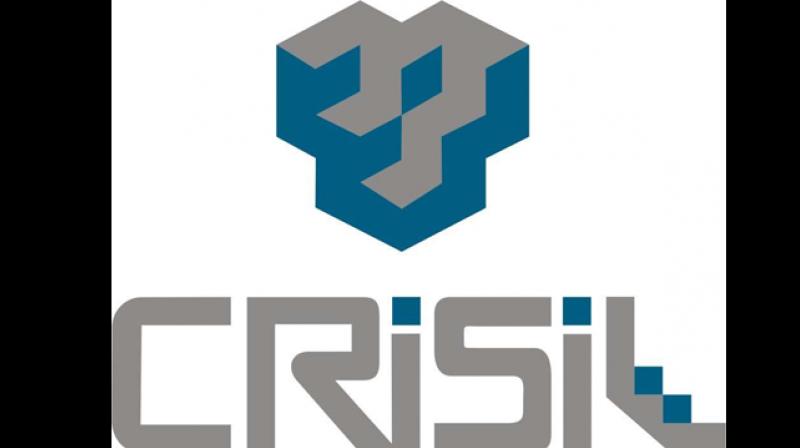BS-III vehicles ban to cost auto cos nearly Rs 3,000 cr: Crisil
Discounts and incentives on vehicles sold till March 31, 2017, are expected to have cost them about Rs 1,200 crore.

New Delhi: The ban on BS-III vehicles imposed by the Supreme Court will cost commercial vehicle and two-wheeler makers nearly Rs 3,000 crore, according to market research firm Crisil.
In a report, Crisil Research said the ban would also result in commercial vehicle makers taking a hit of up to Rs 2,500 crore while the same for two-wheeler makers could be Rs 460-480 crore. It said commercial vehicle (CV) makers disposed of over half their stock of BS-III vehicles before the Supreme Court-set April 1, 2017, deadline.
"The discounts and incentives on vehicles sold till March 31, 2017, are expected to have cost them about Rs 1,200 crore. Additionally, Rs 1,300 crore would be incurred to dispose of the unsold inventory," Crisil Research said.
The impact of this on the EBIDTA margins of listed truck makers (Ashok Leyland and Tata Motors' standalone) will be around 2.5 per cent of their revenues, it said.
"The impact would be staggered across fiscals 2017 and 2018, because the unsold inventory will have to be brought back from dealerships and then dealt with," the report added.
It further said leading CV makers had continued manufacturing BS-III vehicles all the way to March in anticipation of strong buying in the closing weeks of the fiscal year, given price hikes of 8-10 per cent expected on BS-IV vehicles.
Indeed, for want of clarity on ban on production or registration, the industry had expected some BS-III trucks to be sold even in April, the report added.
"This had bloated up inventories. When the Supreme Court ruling came, CV dealers' inventory at risk was around 97,000 units (equivalent to 1.7 months of sales) valued at Rs 11,600 crore," it said.
The industry is expected to have sold around 55 per cent of this in the last three days of March by offering discounts of 20-40 per cent on the sticker price compared with around 10 per cent before the ruling. Out of the additional discounts and incentives, the manufacturers are likely to bear about 80 per cent and their dealers the rest, it said.
On the unsold inventory, the report said: "We estimate the remaining 40,000-45,000 units of unsold inventory to be returned in the upcoming months, mainly comprising less-popular models since there were instances of supply shortage in some popular BS-III models."
The companies may upgrade them for resale or dismantle vehicles for spares or incur higher working capital for holding the inventory until it is exported, which could take 5-6 months, it added.
On the two-wheeler front, Crisil Research said when the ruling came, inventory at risk was at 670,000 units, amounting to Rs 3,800 crore (half-a-month of sales).
However, discounts and freebies of 10-30 per cent on the vehicle price helped the dealers clear most of the stock in the last three days of March. While OEMs provided for the incentives, dealers also sweetened the deals by providing free insurance.
"The total discounts provided work out to nearly Rs 600 crore, where the manufacturers would be sharing the bulk of the impact (over 70 per cent of the incentives), taking a total hit of Rs 460-480 crore," it said.
This would cause a 150-200 bps erosion in the aggregate fourth-quarter EBITDA margins of listed players (Hero, Bajaj and TVS) in fiscal 2017, with the industry leader taking a higher impact due to its large BS-III inventory, the report said.
"As for three-wheeler makers, since the BS-III inventory could not be cleared due to the limited number of permits, we expect a marginal impact for Piaggio and TVS. Bajaj would be unscathed as it had already transitioned to BS-IV," Crisil Research said. For passenger vehicles, it said with the BS-III inventory at just 16,000 units, as players had transitioned to BS-IV much earlier, the impact was always expected to be marginal.
"On top of it, given the steep discounts offered in the last three days of the month, much of this stock is expected to have been cleared," it said.
On March 29, observing that health of the people is "far, far more important" than the commercial interests of the manufacturers, the Supreme Court banned sales of BS-III vehicles in the country from April 1. The ban impacted over 8 lakh vehicles.

